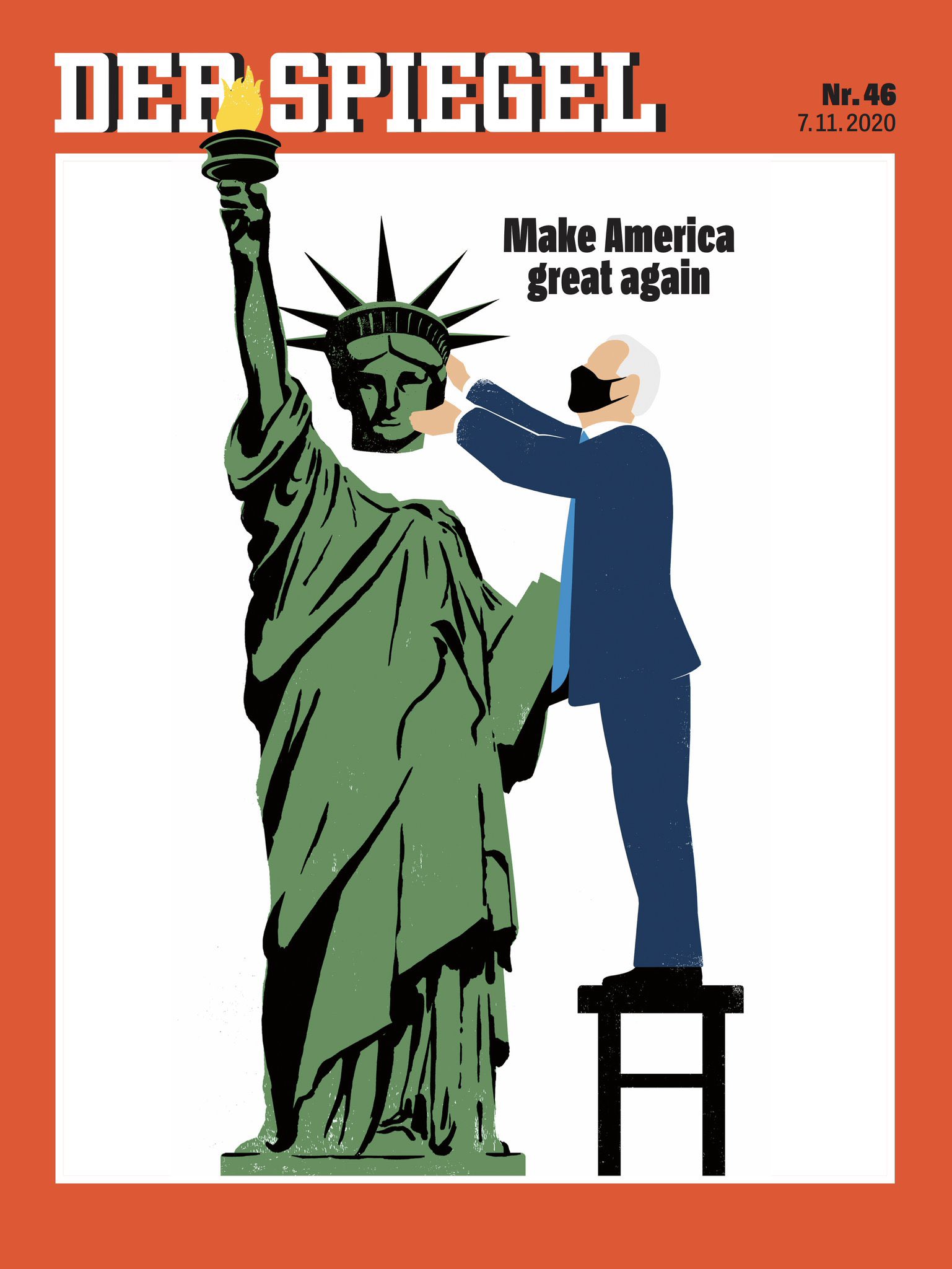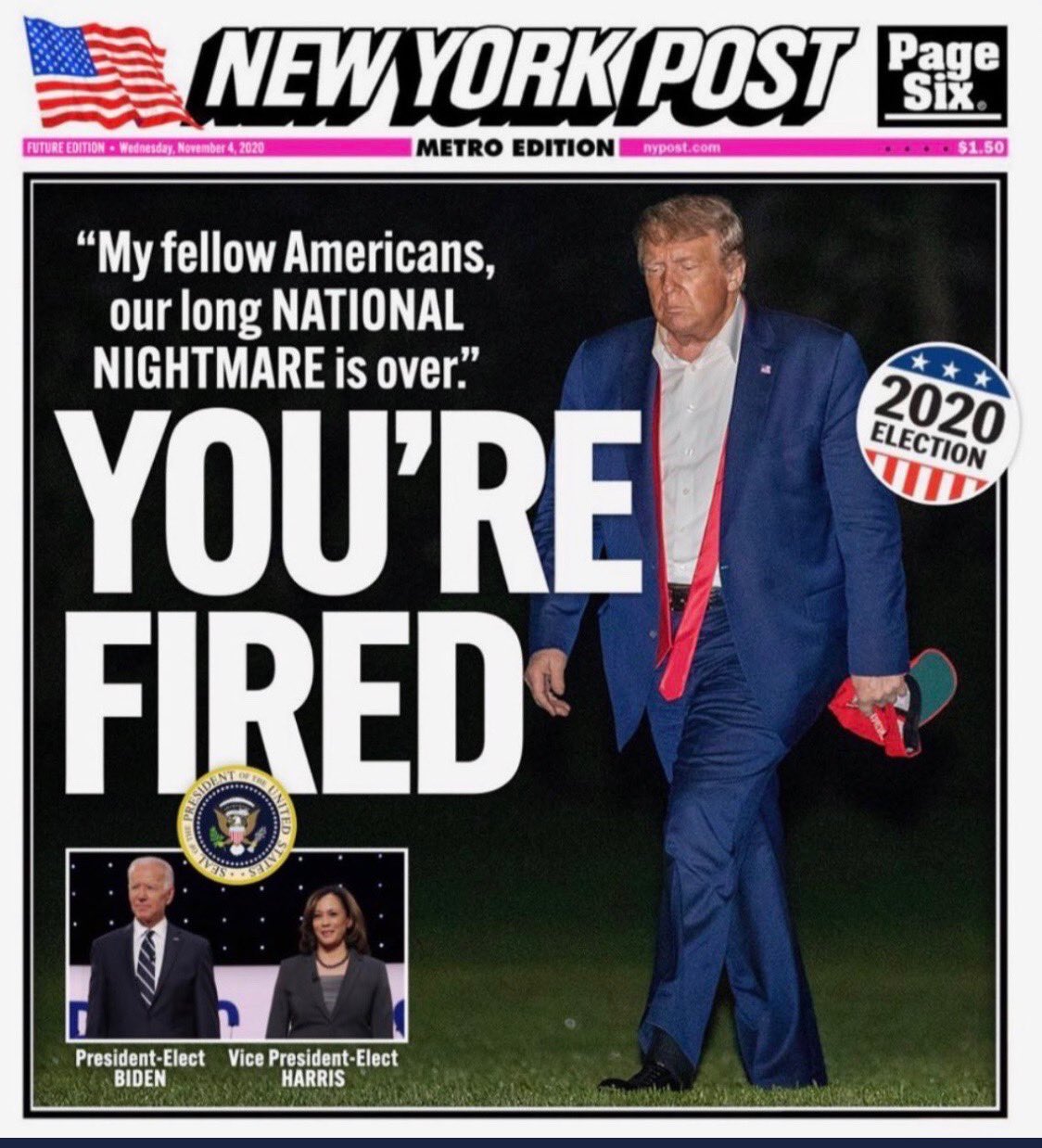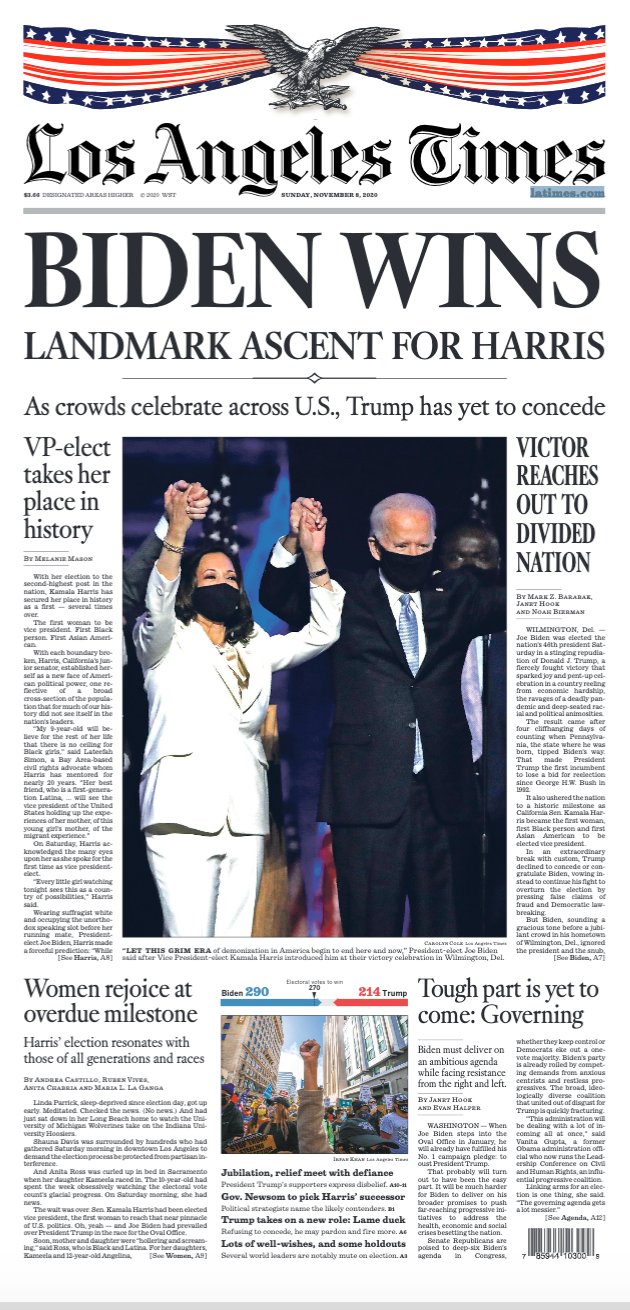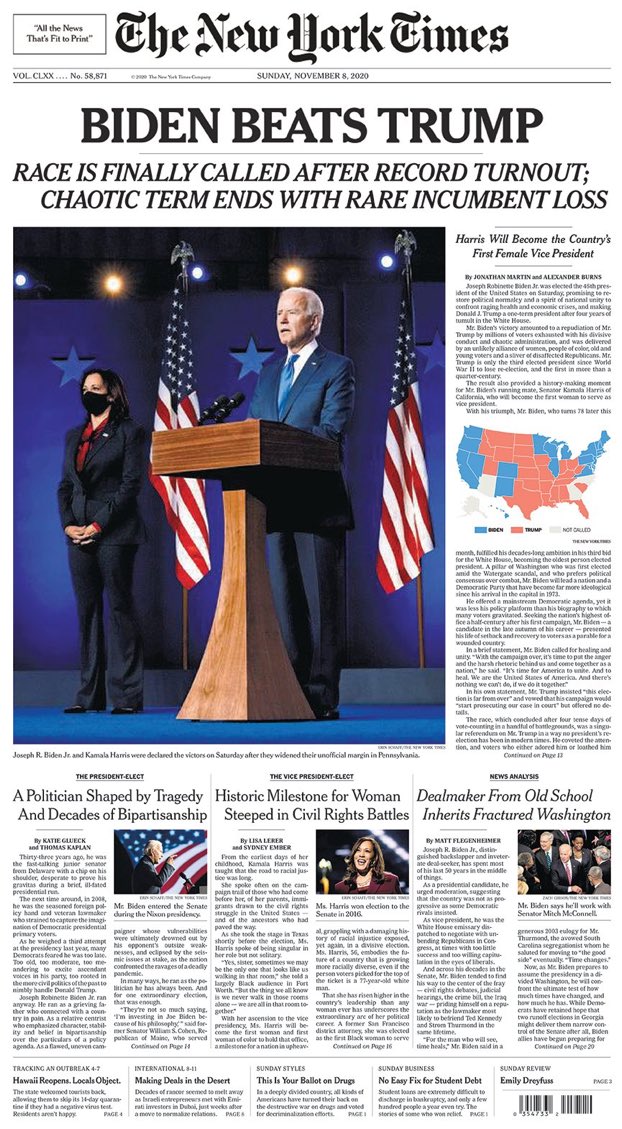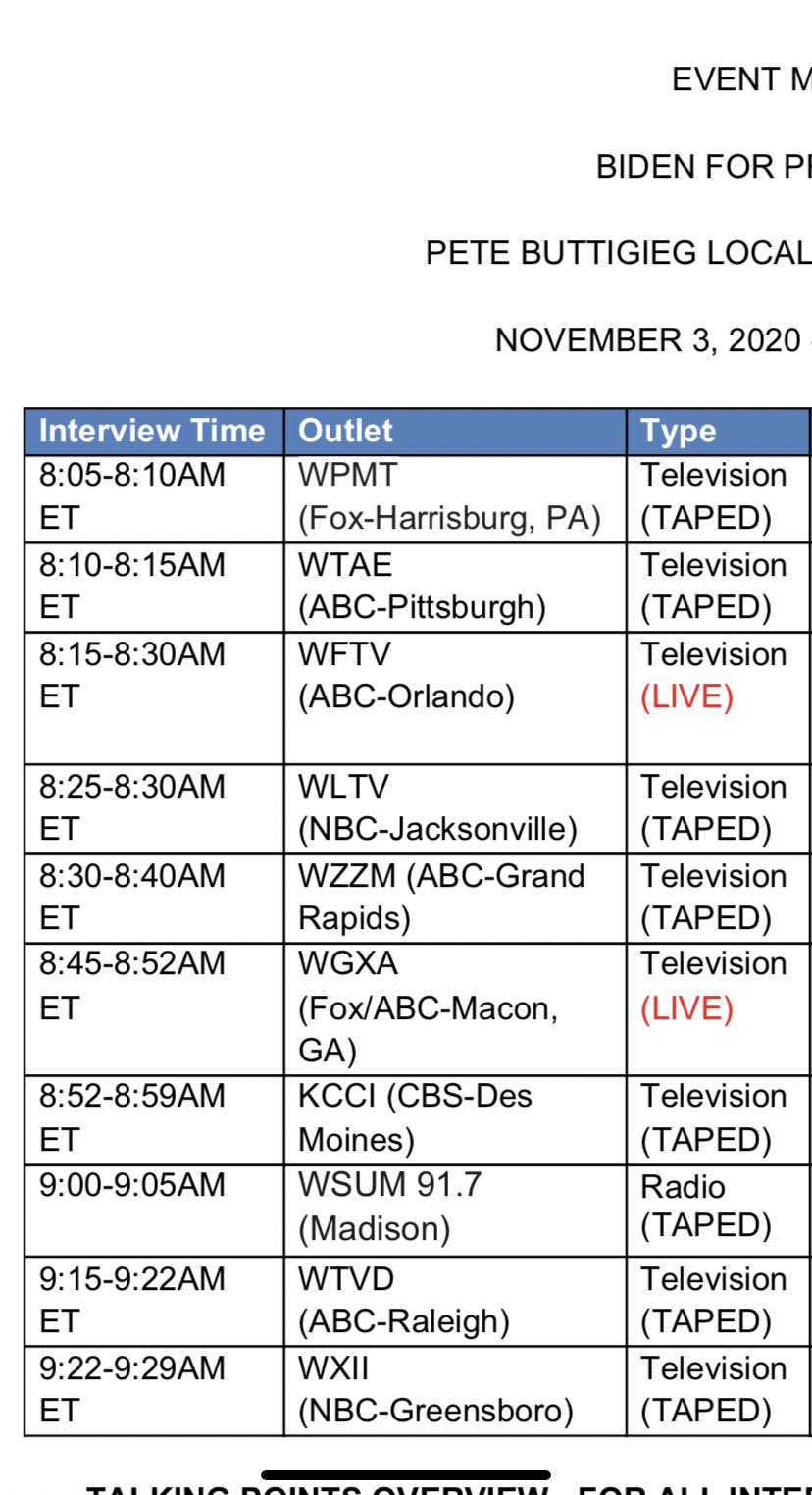THE NEWSROOM
“Media Training A-Z”: V is for Vision
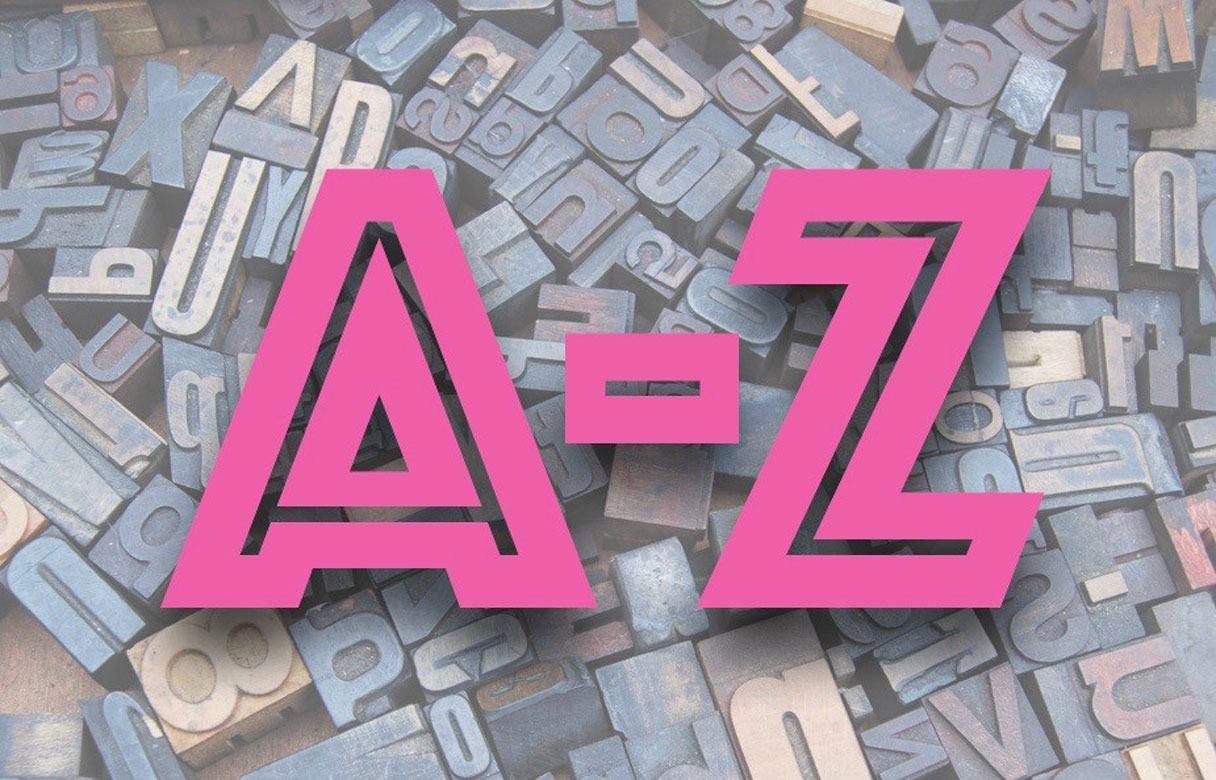 Great to have, but there is a danger lofty thoughts simply float off through the ether and aren’t in any way absorbed by our audiences. Two aspects of what can be called mission statements are entirely unhelpful; by their very nature they tend to be generalised and they are aspirational. From my point of view, then, a spokesperson I’m interviewing who talks in these terms can appear as if they’re not doing much.
Great to have, but there is a danger lofty thoughts simply float off through the ether and aren’t in any way absorbed by our audiences. Two aspects of what can be called mission statements are entirely unhelpful; by their very nature they tend to be generalised and they are aspirational. From my point of view, then, a spokesperson I’m interviewing who talks in these terms can appear as if they’re not doing much.
Take COVID:
“We’re working to ensure our staff remain safe and so infection rates should remain low at our centres ”
It’s stating the obvious – well, of course you’re looking out for your staff but HOW? and WHY then will this be effective in securing their health? Alway think of deliverables.
“Here’s how we’re protecting staff/students/the public”.
That’s when you become convincing.
GET IN TOUCH
LET’S DISCUSS YOUR REQUIREMENTS



